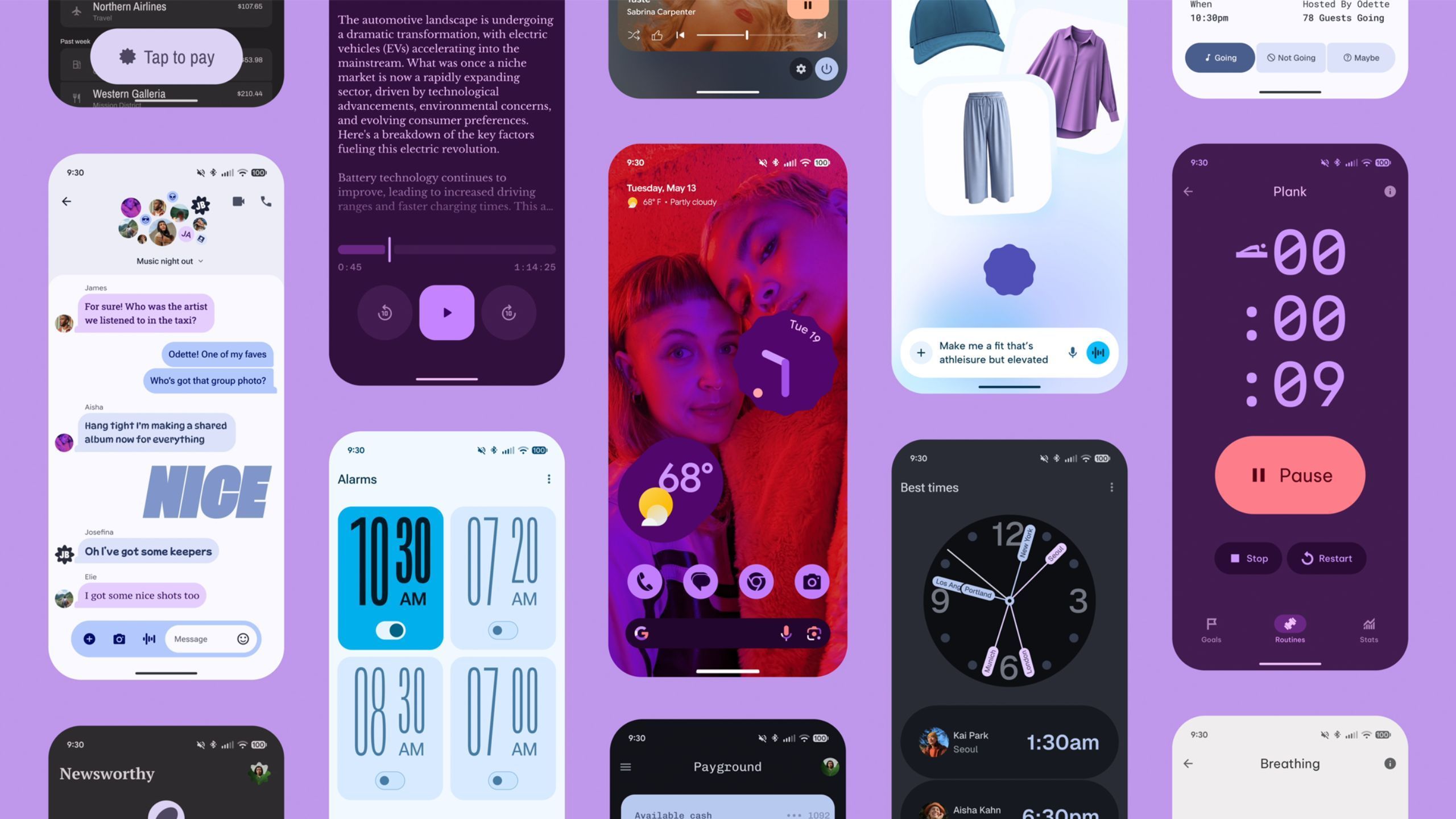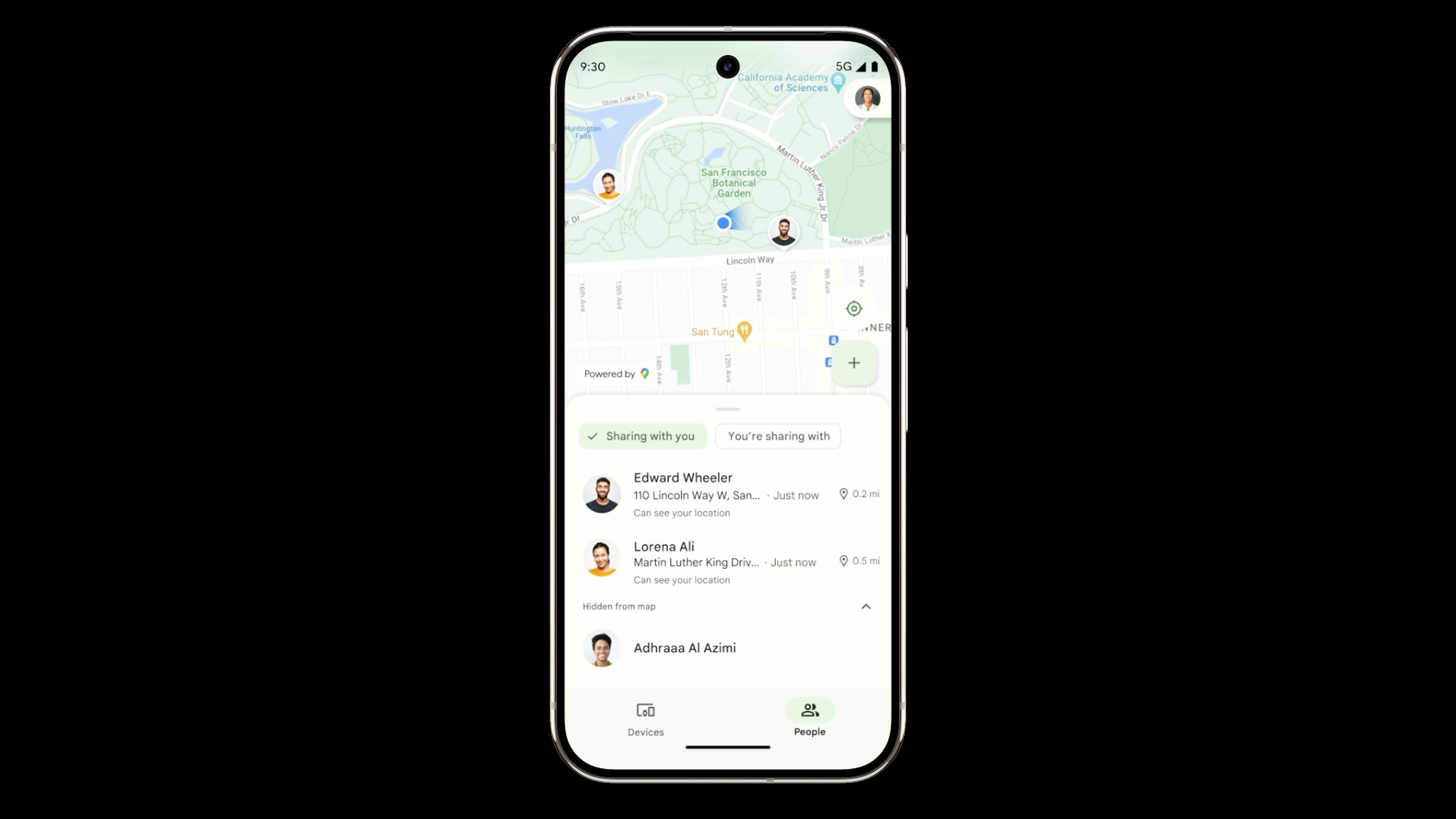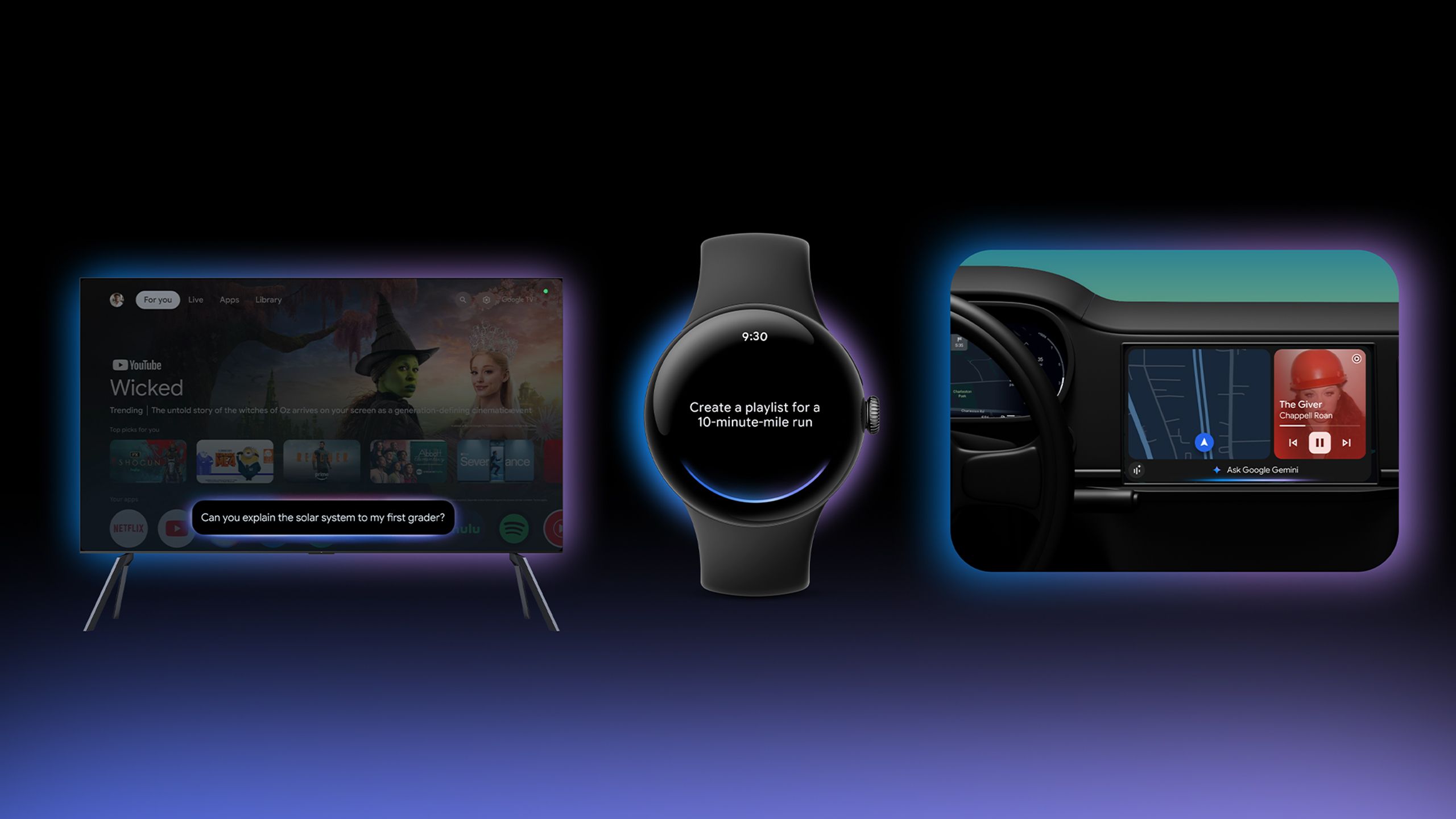Abstract
- Android 16 is a welcome improve, however a few of its modifications do not actually matter as a lot as Google would possibly need you to imagine.
- Materials 3 Expressive is extra daring, however only a new coat of paint with out the OS’s accompanying interface enhancements.
- The Discover Hub’s location sharing might not be as helpful as you’d suppose, and Gemini’s usefulness on watches, TVs, and AR headsets stays to be seen in observe.
Upfront, I am going to admit that I am on document as preferring iPhones today. My every day driver is an
iPhone 16 Pro
. However I’ve owned a number of Android telephones through the years, and I nonetheless admire the platform to this present day. There are issues that it does higher than iOS — corresponding to voice instructions — and I like the truth that it is open-source, even when {hardware} makers do not have a lot selection however to license Google companies. It would be unusual to purchase an Android cellphone with out Gmail able to go, in spite of everything.
I am trying ahead to attempting units with
Android 16
pre-loaded. Nevertheless, the interface impresses me as a lot as
iOS 18
did — which is to say, not very a lot. Enhancements are at all times welcome, but based mostly on what Google’s proven to date, its newest OS nonetheless seems like a minor evolution. Let’s discuss just a few examples of what I imply.
Associated
5 products that lock you into Apple and Google’s ecosystems
Consider carefully earlier than you sink cash into these units.
1
Materials 3 Expressive
A brand new coat of (physics-based) paint
Hyperlink Picture
Android 16 definitely appears to be like good. There are up to date dynamic shade themes, new font types, and much more interface animations, together with bounces and ripples for actions like swiping away your notifications. New aesthetics are literally certainly one of my favourite issues about updating any OS, since I take pleasure in personalizing my cellphone as a lot as attainable — with out critical modding work, anyway.
For all of the hype round Materials 3 Expressive, it isn’t a radical leap past what you see in Android 15.
My criticism is simply that, for all of the hype round Materials 3 Expressive, it isn’t a radical leap past what you see in Android 15. If something, what issues extra are Google’s sensible interface modifications, corresponding to the power to each resize and reorder Fast Settings icons (a la iOS 18’s Management Middle), or observe deliveries and rideshares by way of Reside Updates (one other factor borrowed from Apple). A yr from now, individuals are going to care much more about checking how quickly their
Uber
goes to reach than what widget colours they’ve accessible.
I could possibly be stood corrected down the road. Typically, not less than, these types of interface modifications have a cumulative impact that may’t be conveyed by movies or screenshots. If Android 16 feels genuinely higher to make use of day-to-day on account of its visible tweaks, that can depend for one thing.
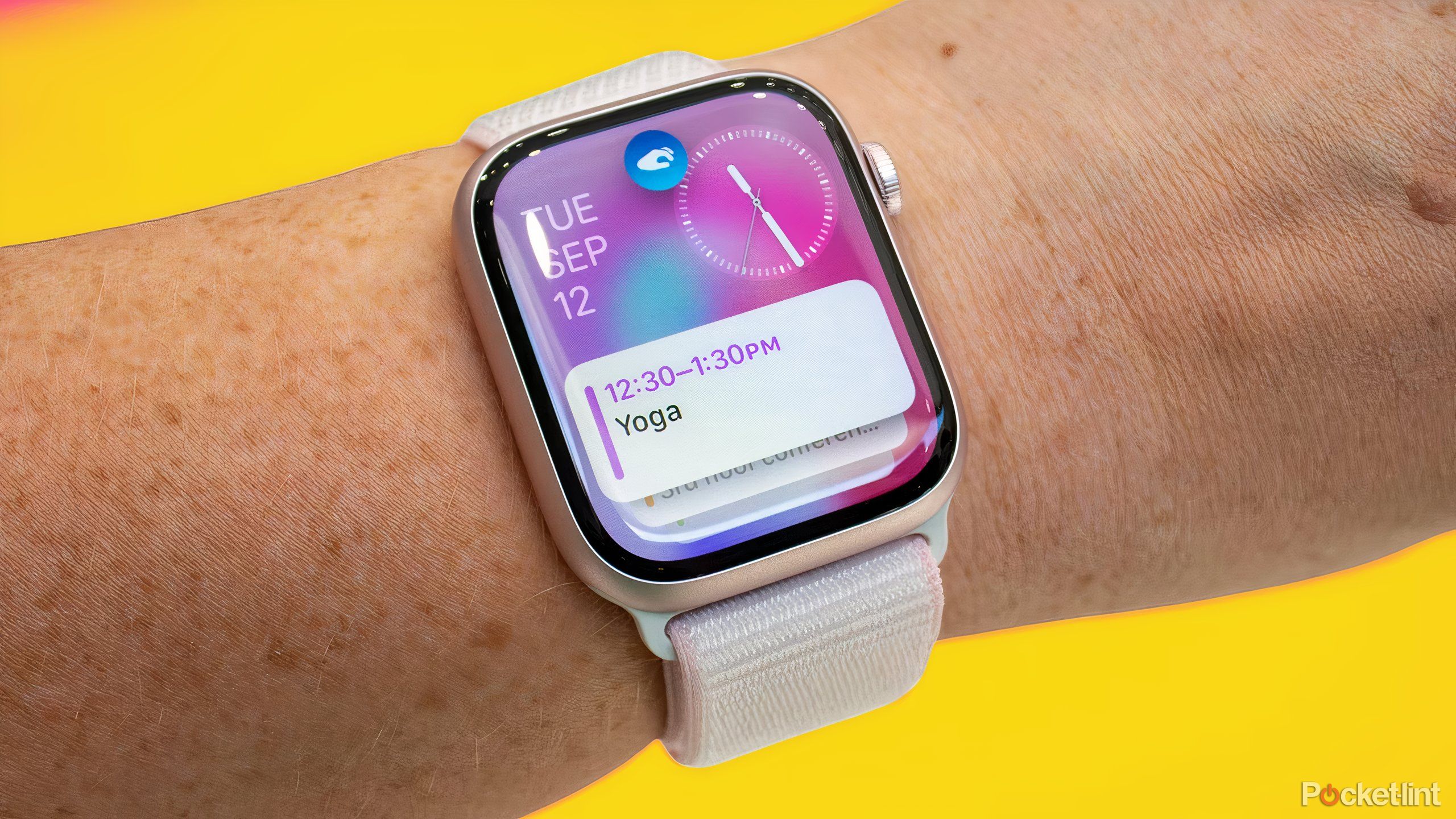
Associated
How to toggle Live Activities in watchOS 11
You’ll be able to cease actions from hijacking your Apple Watch’s show.
2
Discover Hub private location sharing
Helpful in idea, however how about in observe?
As a complete, I approve of the Discover Hub, a rebrand/redesign of Android’s Discover My Gadgets app. One in all its signature options is best sharing of your real-time location with different individuals, in idea, serving to family and friends reunite once they get misplaced, or test in on one another’s security — say if somebody’s doing a sundown jog or coming again late from a highway journey. Sharers can select to time-limit this monitoring or go away it on indefinitely.
Sarcastically, I feel Discover Hub’s expanded merchandise monitoring is a much bigger deal.
I am certain some individuals will profit vastly, however that is one other characteristic copied from Apple, particularly the Discover My app. And let me say — on my iPhone, my spouse and I virtually by no means use Discover My for following one another, though I am out on the gymnasium three nights every week, and our travels generally take us to the other aspect of North America. A cellphone name or textual content message is often a pleasant manner of updating somebody on what you are doing, and a few individuals are inherently uncomfortable with sharing their exact location over the web, irrespective of any Google assurances about encryption. To actually reap the benefits of Discover Hub, you will additionally want the individuals you are sharing with to have it, too.
Sarcastically, I feel Discover Hub’s expanded merchandise monitoring is a much bigger deal. Assist for UWB (ultra-wideband) will make some units and tag equipment less complicated to search out, and Google is increasing its associate record, as an illustration, including the power to share Bluetooth tag knowledge with choose airways, beginning in 2026. That is one other transfer copied from Apple.
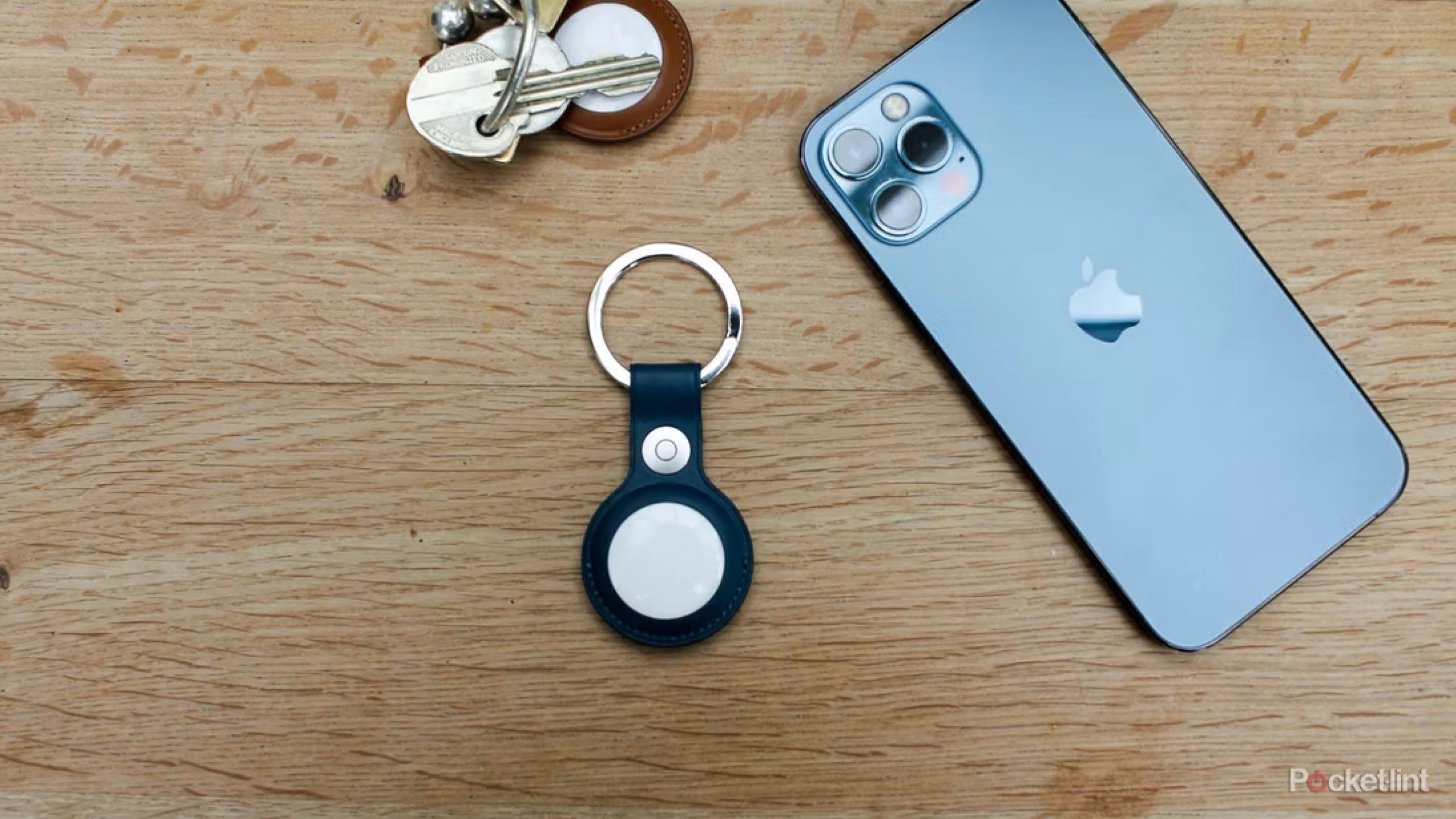
Associated
What’s the difference between Bluetooth tracking and ultra-wideband?
They’re actually companions in the identical job.
3
Gemini coming to extra units
The place’s my Google Nest assist?
Gemini does belong in additional locations, significantly automobiles. Typically it is tough sufficient to decide on music or a preset vacation spot whereas driving, by no means thoughts the belongings you’d usually do in your cellphone. With Gemini,
Android Auto
(and the confusingly-named
Android Automotive
) will allow you to use your voice for duties like unearthing an handle buried in Gmail, or finding an EV charging station that additionally has a restaurant close by. In the event you’re bored or curious, you’ll ask questions on every part from the Grand Canyon to the Spanish Inquisition.
I wish to like Gemini, however I am not going to be impressed by its wider footprint till I see it in real-world conditions.
The AI assistant is coming to Put on OS, Google TV, and
Android XR
as effectively, however I am skeptical of the way it’ll work on these platforms. Smartwatches generally really feel underpowered for what they’re already operating, and I do not know that I belief Gemini for film and present suggestions, not to mention answering questions by exhibiting me YouTube movies. Even well-meaning YouTube channels generally get their info fallacious.
Android XR, in the meantime, is an unknown amount, since there are not any appropriate glasses or headsets accessible to the general public but. Once they do arrive, Gemini goes to must show wonderful object recognition to be helpful, and that is on high of minimizing the “hallucinations” (botched solutions) it generally supplies. Google suggests utilizing Gemini on Android XR for duties like residence enchancment — however there’s some critical hazard potential if it makes errors about issues like electrical energy or plumbing.
I wish to like Gemini, however I am not going to be impressed by its wider footprint till I see it in real-world conditions. And Google has but to replace any of its Nest audio system or shows with the expertise, which you’d suppose can be a pure match. It would be an easier manner of making sensible residence automations, and a dialog is rather a lot simpler with out having to carry a cellphone or distant in entrance of your face.
Heck, think about your Nest Hub having the ability to let you know that it is a mailman on the door, not your buddy who’s speculated to be dropping by.

You may additionally like
Everything you need to know about PEVs, or personal electric vehicles
You should use PEVs to discover, run errands, or velocity up your commute.
Trending Merchandise

Wi-fi Keyboard and Mouse Combo, 2.4G Silent Cordle...
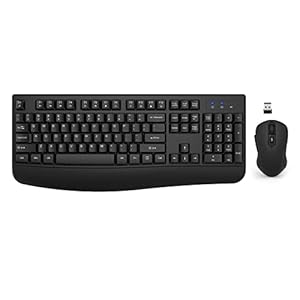
Wireless Keyboard and Mouse Combo, EDJO 2.4G Full-...

ASUS RT-AX1800S Dual Band WiFi 6 Extendable Router...

TopMate Wi-fi Keyboard and Mouse Extremely Slim Co...

ASUS RT-AX88U PRO AX6000 Dual Band WiFi 6 Router, ...


